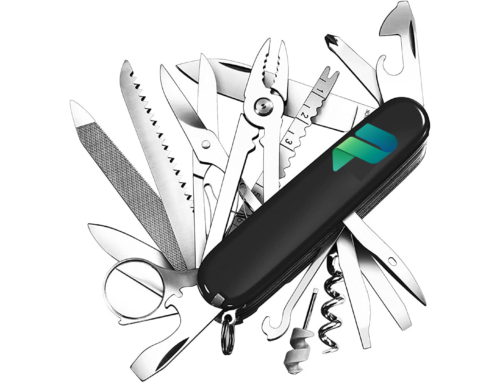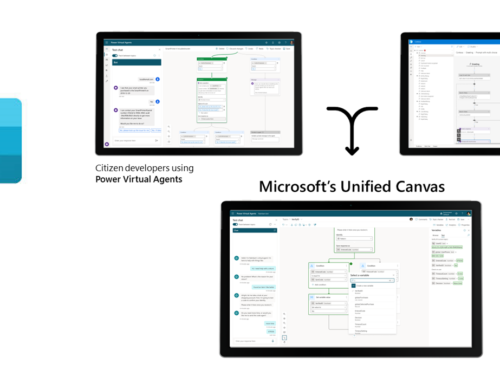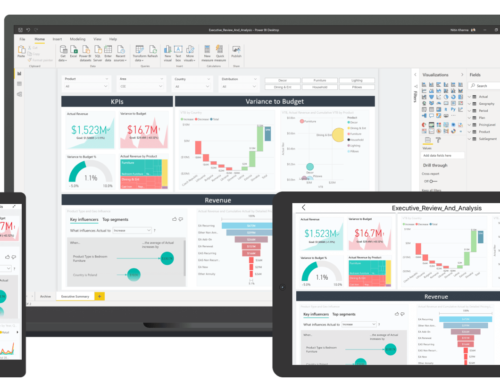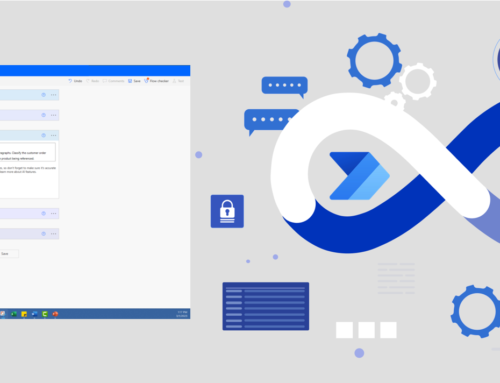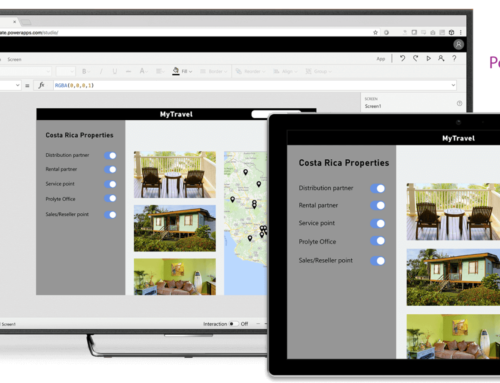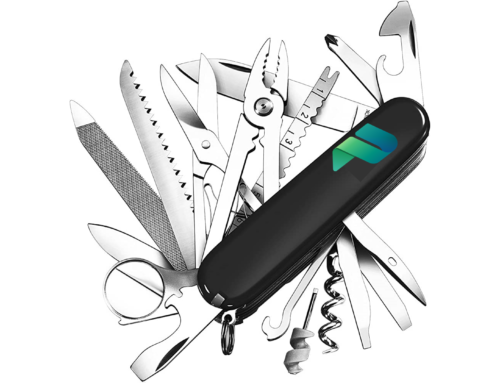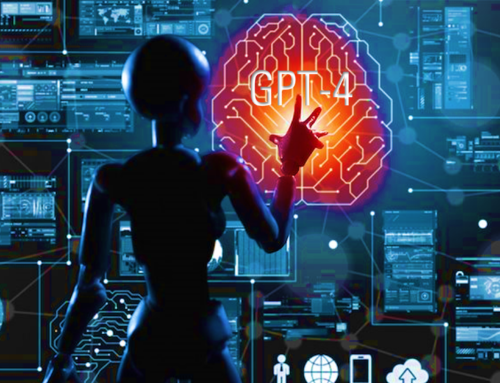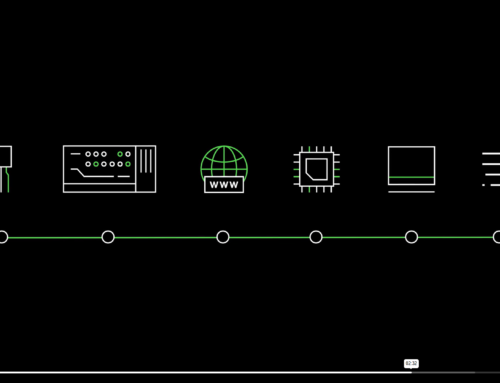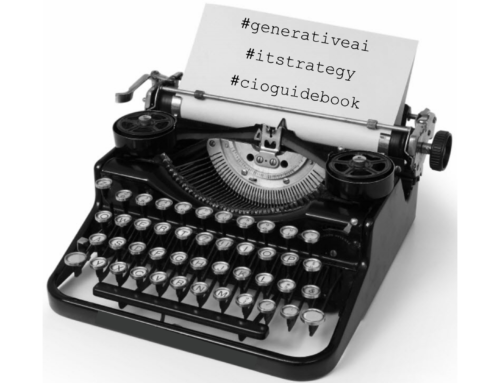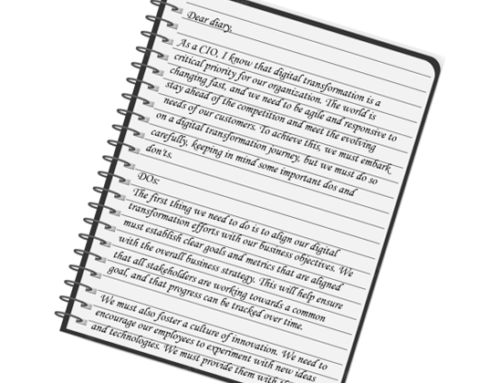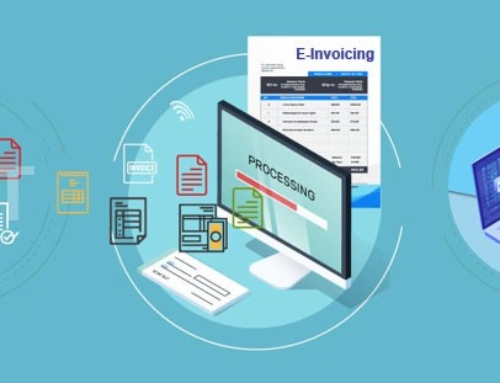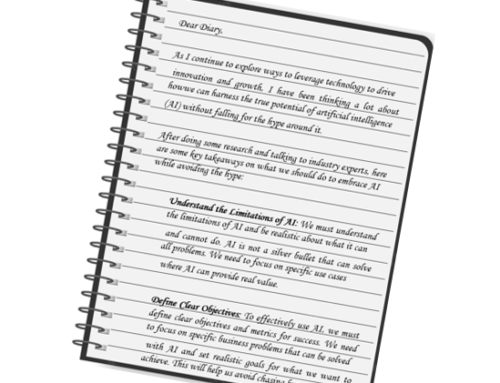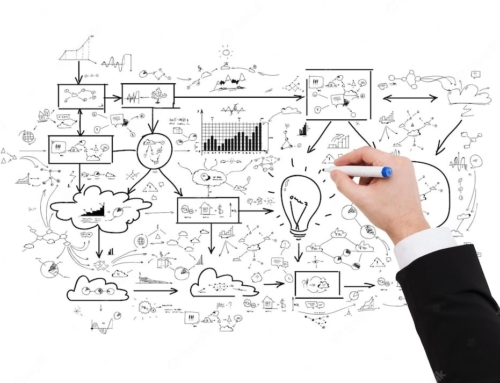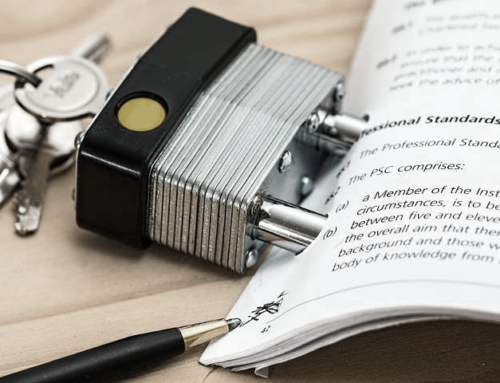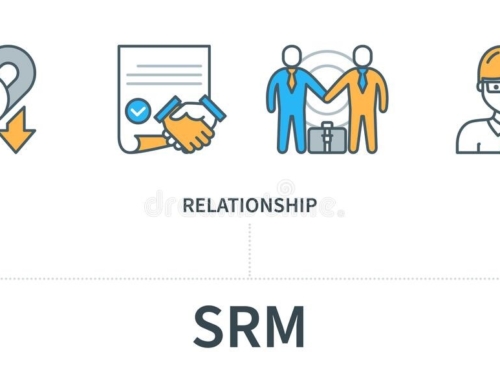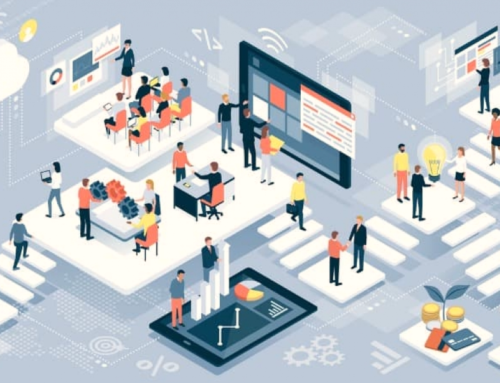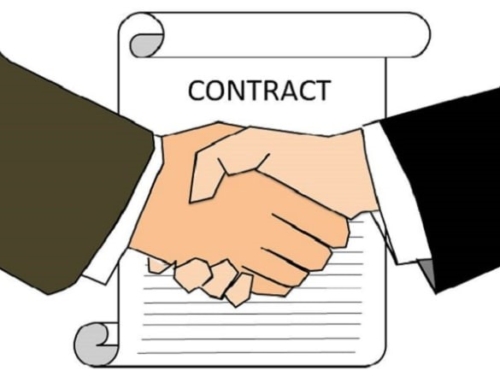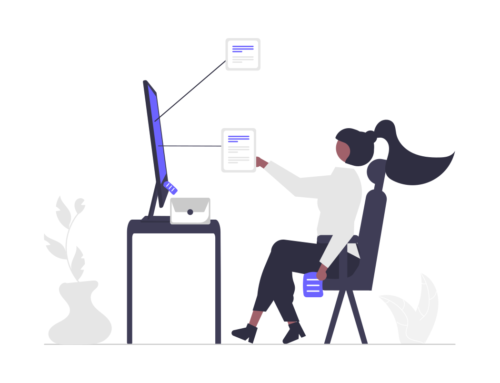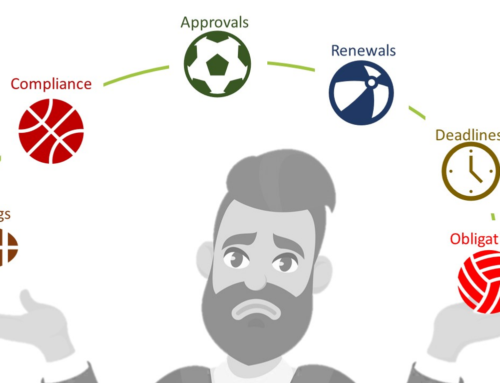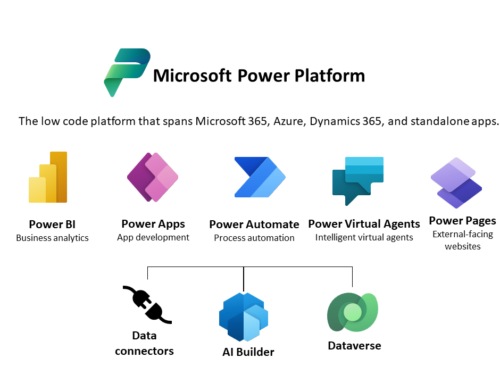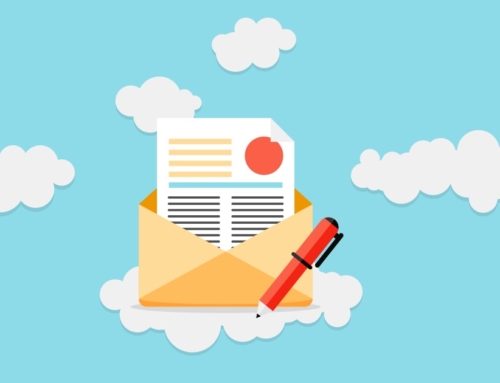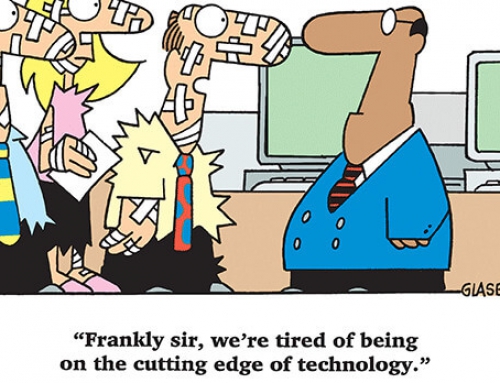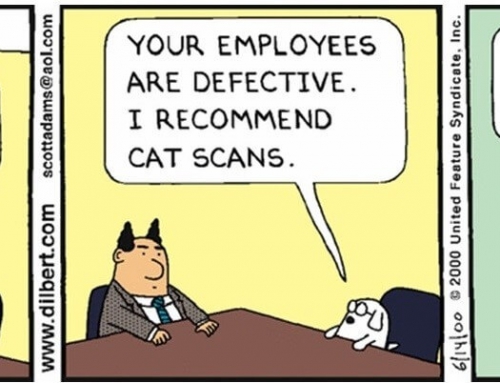1. Supplier Information Management
A good SRM solution should be able to manage all supplier-related data, including contact details, certifications, compliance documentation, and performance metrics. The solution should allow you to store and access supplier information in a central location, making it easy to manage and update.
2. Supplier Performance Management
Supplier performance management is a critical aspect of SRM, and an effective SRM solution should be able to track and measure supplier performance. The solution should enable you to establish performance metrics, monitor supplier performance, and provide reports and analytics to help you identify areas for improvement.
3. Contract Management
An SRM solution should be able to manage all supplier contracts, including the terms and conditions, pricing, delivery schedules, and service level agreements (SLAs). The solution should enable you to create, negotiate, and manage contracts, and provide alerts for upcoming contract renewals or expirations.
4. Spend Analysis
Spend analysis is a critical aspect of SRM, and a good SRM solution should be able to provide detailed spend analysis reports. The solution should enable you to track spending by supplier, category, or product, and provide analytics and reports to help you identify opportunities for cost savings.
5. Risk Management
A comprehensive SRM solution should be able to identify and manage supplier-related risks, including compliance, financial, and operational risks. The solution should enable you to monitor and manage supplier risk, provide alerts for potential issues, and implement mitigation strategies to minimize risk.
6. Supplier Collaboration
Collaboration is an essential part of SRM, and a good SRM solution should enable you to collaborate with your suppliers effectively. The solution should provide a portal for suppliers to access information and communicate with your organization, including orders, invoices, and delivery schedules.
7. Supplier Onboarding
An effective SRM solution should be able to manage the supplier onboarding process, including supplier registration, due diligence, and compliance documentation. The solution should enable you to automate the onboarding process, reducing manual effort and ensuring compliance with internal policies and regulations.
8. Supplier Segmentation
Supplier segmentation is a crucial aspect of SRM, and a good SRM solution should enable you to segment your suppliers based on their value and importance to your organization. The solution should enable you to categorize your suppliers based on various criteria, including spend, risk, and performance, and manage them accordingly.
9. Supplier Self-Service
A good SRM solution should enable suppliers to self-service, reducing the workload on your organization. The solution should provide a portal for suppliers to access information, update their details, and manage their orders and invoices.
10. Integration with Other Systems
An effective SRM solution should be able to integrate with other systems, including enterprise resource planning (ERP) systems, financial systems, and supply chain management systems. The solution should enable you to share data between systems, reducing manual effort and improving data accuracy.
In conclusion, a comprehensive SRM solution is essential for managing supplier relationships effectively. The ten must-have capabilities of an SRM solution are supplier information management, supplier performance management, contract management, spend analysis, risk management, supplier collaboration, supplier onboarding, supplier segmentation, supplier self-service, and integration with other systems. By leveraging these capabilities, organizations can improve efficiency, reduce costs, and build better supplier relationships.


